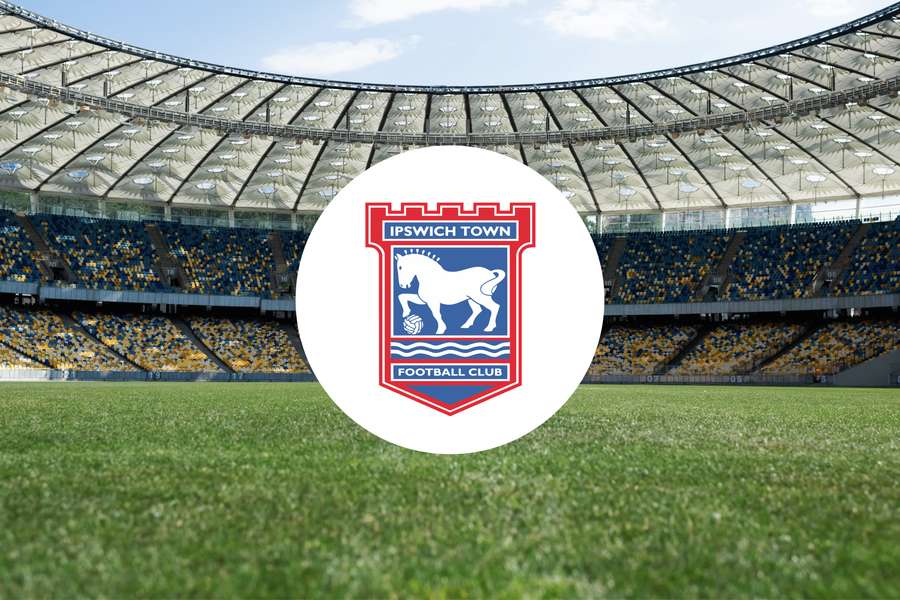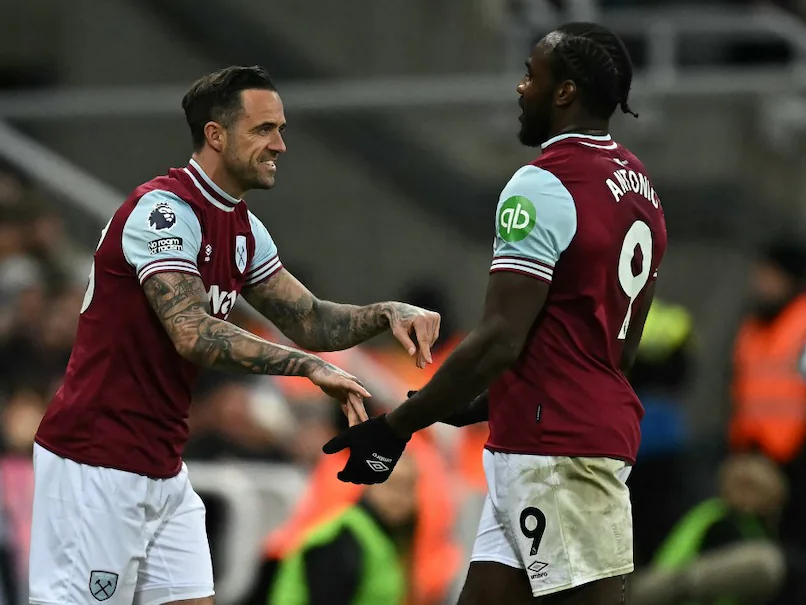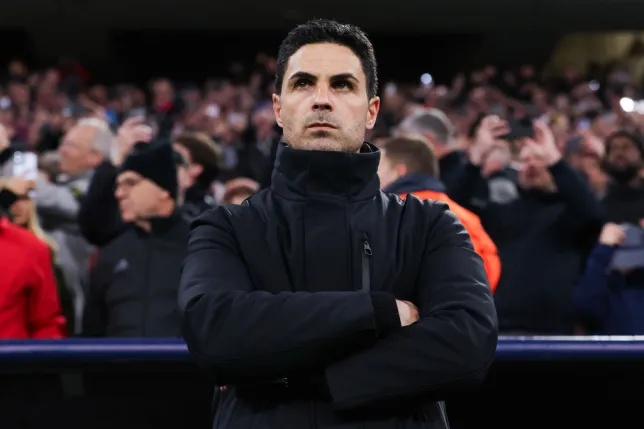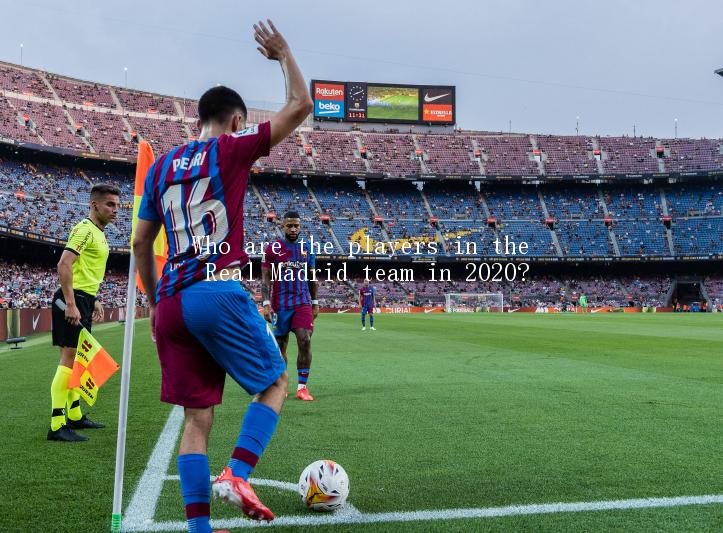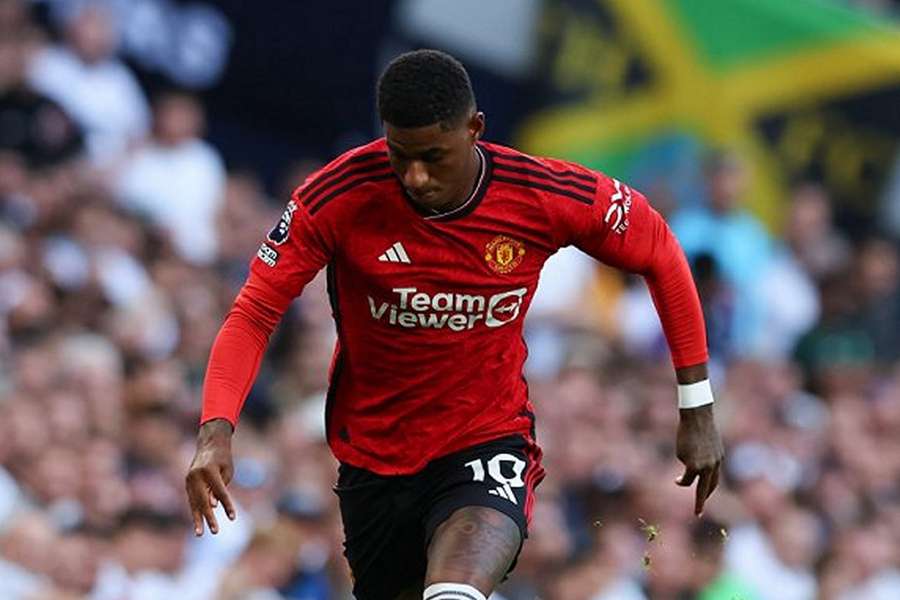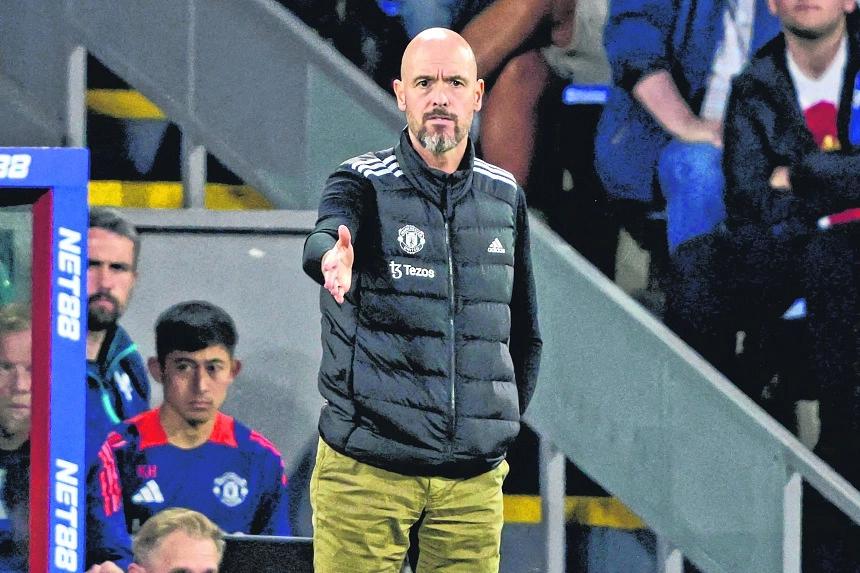The Ultimate Assistant Manager: Decoding the Qualities Football Bosses Seek in Their Right-Hand Man - Revealed by

When discussing the significance of selecting the right assistant coach with Pep Guardiola, he emphasized the crucial nature of this particular role within the entire coaching staff. "The manager's choice of assistant coach is the most important decision to make," he explained to Sky Sports.
"Maybe there are discussions about the players that the club needs to buy and the club takes a decision in front of you and you have to accept it. But the guy you work with? He has to be so close. You have to decide. It cannot be imposed from anyone else."
Guardiola's current assistant, now in his second stint at Manchester City is Juanma Lillo. "We are quite similar in how we see football and how we understand the game. He helps me to analyse and to see what is happening to the team and what I need to do.
"I do not want someone who is just going to agree with everything. I need a guy to push me, to challenge me intellectually. I need guys close to me who can help me to be a better manager for our players and make me see things that I am not able to see."
That is the view of the head coach of the current Premier League champions on the job of his assistant but how do others interpret the role? Up and down the four divisions of English football, the relationship between the manager and their assistant can vary.
TrendingSome regard the need to have their decisions challenged as being of paramount importance, others place the emphasis on trust. Some look for the assistant to be a go-between for the players, others use them as an enforcer while they remain calm.
In conversation with a number of managers currently working at the sharp end, here is what they look for in an assistant…
Taking the training sessions
"Chris will do a lot of the training," says Paul Hurst. The Shrewsbury head coach is referring to his long-time assistant Chris Doig, who was also with him at Ipswich, Scunthorpe and Grimsby. Their relationship has evolved during that time.
"At the start of my career, I did everything. At Grimsby, there was only a physio and a goalkeeper coach and though Chris ended up being assistant, he was very much still playing. I think back then, at that point in my career, I felt I should do everything.
"I think it was Sean Dyche who said that it was better to be outside and looking in because you see so much more. If I am in the middle of a session talking to you about your positioning, there could be idiots at play behind me not listening and you miss it."
That is a practical consideration. Another is psychological. Stephen Clemence was an assistant manager to Steve Bruce for almost a decade before taking the top job and he understands the need to ensure other members of the coaching staff feel part of it.
"I still try to get involved on the training ground but I don't do as much as I used to," says the Barrow head coach. "I think it is really important that you give your staff their go with things. Otherwise they get bored and that is coming from my own experience.
"I have probably had times where I have not felt like I was doing enough and then you can get fed up and wonder what you are doing there. So I try to make sure everybody plays a part in it and then I think they feel like they have contributed on a weekend."
Trust among the staff is essential
Clemence acknowledges that delegating his duties is not always possible. "There are obviously some days I have to say, 'No, I am doing this today'. But generally, I try to share it out. I think that is the right way to be." It is easier when he trusts his colleagues.
"That is huge," says Michael Flynn, manager of Cheltenham Town. He worked closely with Wayne Hatswell at Newport, Walsall and Swindon before forging a new relationship with Aaron Downes in his current role. His demands of an assistant manager are high.
"You have got to have the full package," insists Flynn. "You have got to have the trust in the first place. I also do not want somebody who is going to be tapping me on the back every five minutes to tell me that everything is perfect. I want to be challenged."
In time, if the partnership between manager and assistant is particularly strong, the assistant can know intuitively what the manager would want to see from the players in any given situation. Hurst's understanding with Doig allows him to show initiative.
"We do not have to have anywhere near as much dialogue as others perhaps do," he explains. "He knows what I like, what I want, so it is quite easy. A lot of it comes back to the trust and the understanding and over the years we have developed that."
Ensuring the right blend of skills
While being like-minded is important, the best assistant managers bring something the manager does not. That requires self-awareness from the person at the top. It might be that a youthful assistant can bring new ideas. Other times, it may need an old head.
When Alex Revell became the manager of Stevenage in the summer, he recognised his own inexperience. "It is about knowing my strengths and my weaknesses and putting together a coaching team that brings out the best in all of us," explains Revell.
As a result, he brought in Neil Banfield, the former assistant manager to Arsene Wenger. Revell had been just a boy when Banfield, now 62, joined the coaching staff at Arsenal. The idea was that Revell would be able to tap into this vast knowledge of the game.
"I chose Neil because of his experience and particularly his in-game experience. He's seen so many games and seen it at every level. Having that calmness and just watching the game for what it is and taking emotion out, allows us to see it quickly and solve it.
"Neil is the calmer one out of everybody and more of the one that people can talk to and go to see for any clips or any advice. He is there for the players all the time. More and more people want to see him because they realise the knowledge that he has."
Revell's staff also includes Scott Cuthbert as first-team coach. "He is a bit more aggressive in terms of how he works and the demands he puts on people. I like that intensity. It might be Scotty who is more of a rottweiler compared to myself and Neil."
Using the assistant as the 'bad cop'
There is the stereotype of the avuncular assistant, always there to provide a sounding board for the players. Perhaps they do not have the hard-nosed edge to do the top job but they are famed for their close relationships with the players. It is not always the way.
"With most managers," admits Hurst, "it is the assistant who will come over and maybe put his arm around you and say, 'I would have picked you'. As you get older you start to think, yeah, of course you would!" He is happy for Doig to be seen as the taskmaster.
"Sometimes if he upsets people, whether it is players or other people at the football club, he might be the one that has delivered the message but, in reality, it has come from me in a lot of ways. It is mainly about standards. That is what it is about.
"The easy comparison is good cop, bad cop, but Chris will say I just hide the bad cop more than he does. Sometimes, if he upsets people, whether players or staff, he might be the one delivering the message but it has come from me. It is about standards."
Having a relatively vocal assistant can be criticised from the outside - think Jason Tindall and his relationship with Eddie Howe at Newcastle - but Hurst sees it differently. "I am comfortable in my own skin and would like to think it is a strength," he adds.
"I do not have to be front and centre of everything, having the last word all the time, and I am not worried what people might think. I give Chris a lot of air time. If people make assumptions, that is fine. I think it is important that when you speak, it has an impact."
As Guardiola said of Lillo, "there are disagreements but that is nice." Ultimately, it is about finding a way that works for each manager. The right assistant, one who complements the manager, making them better at their job, is a valuable asset to have.
RELATED STORIES
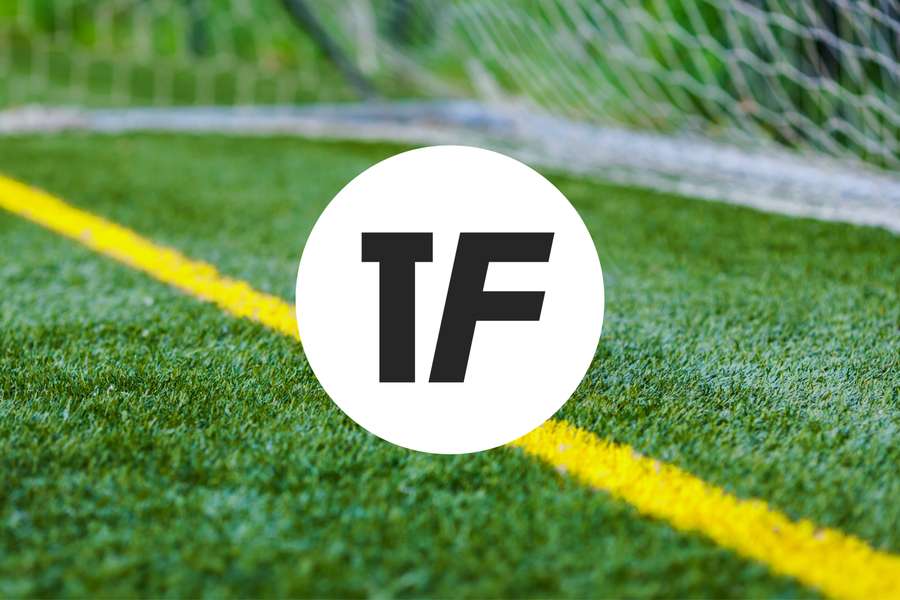
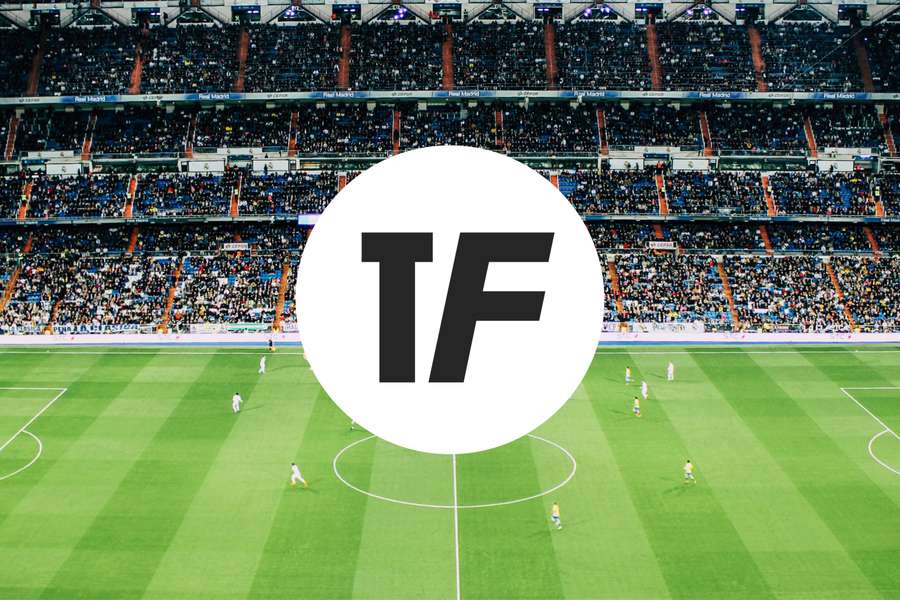
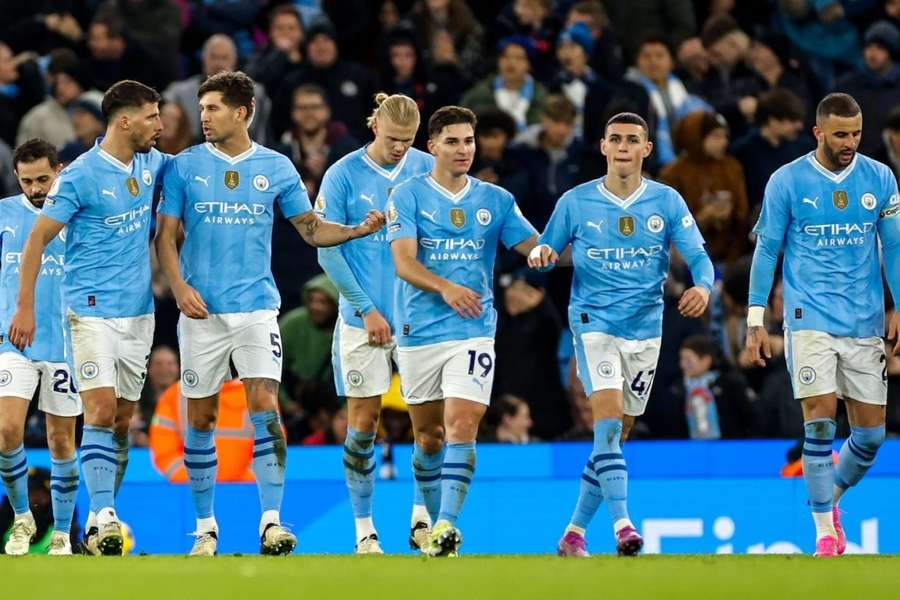
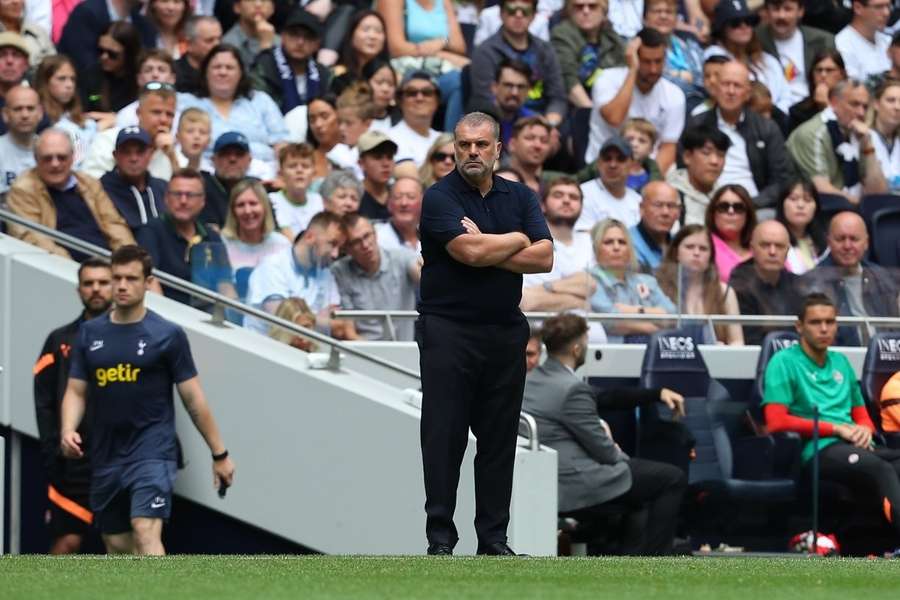

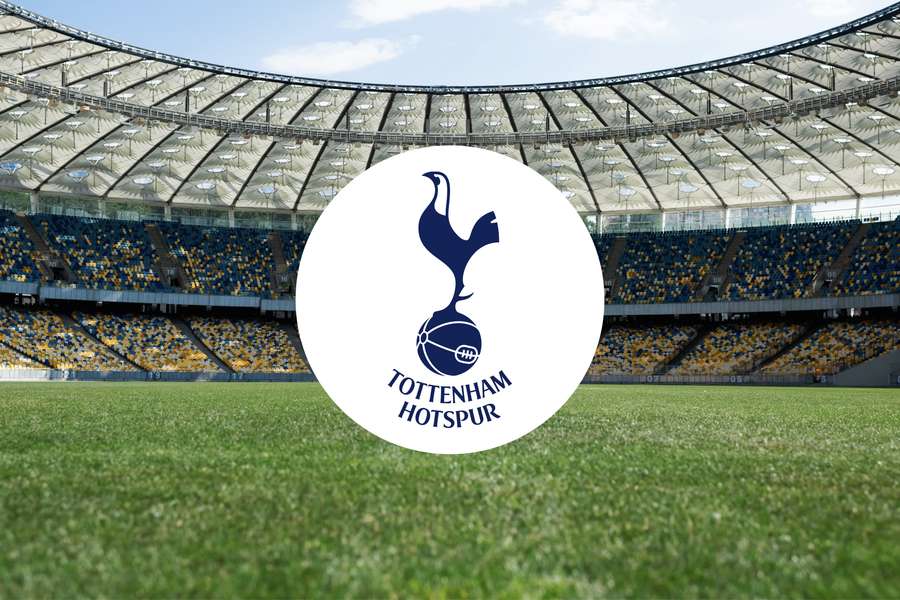
LATEST NEWS
